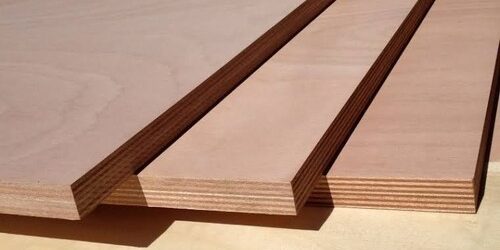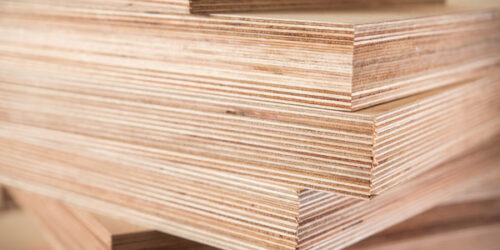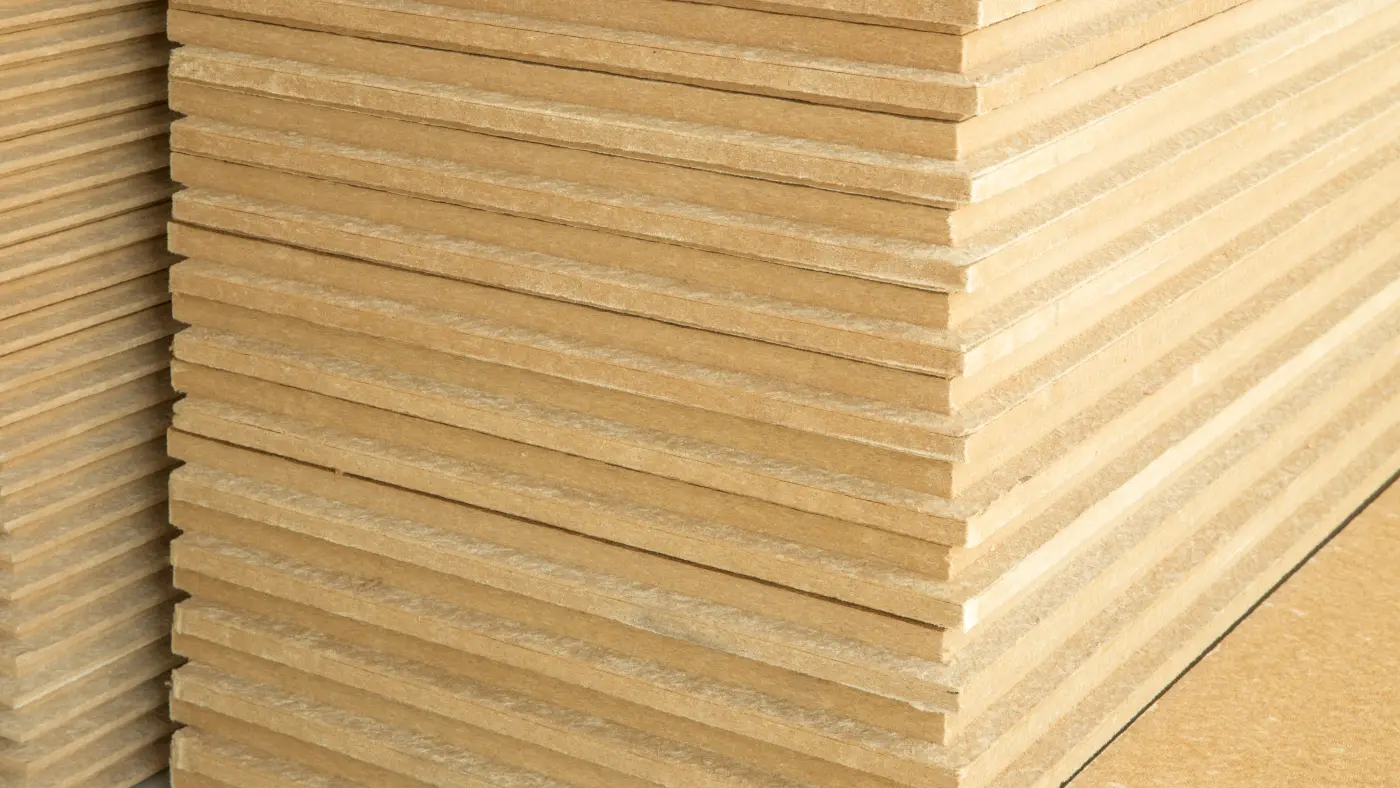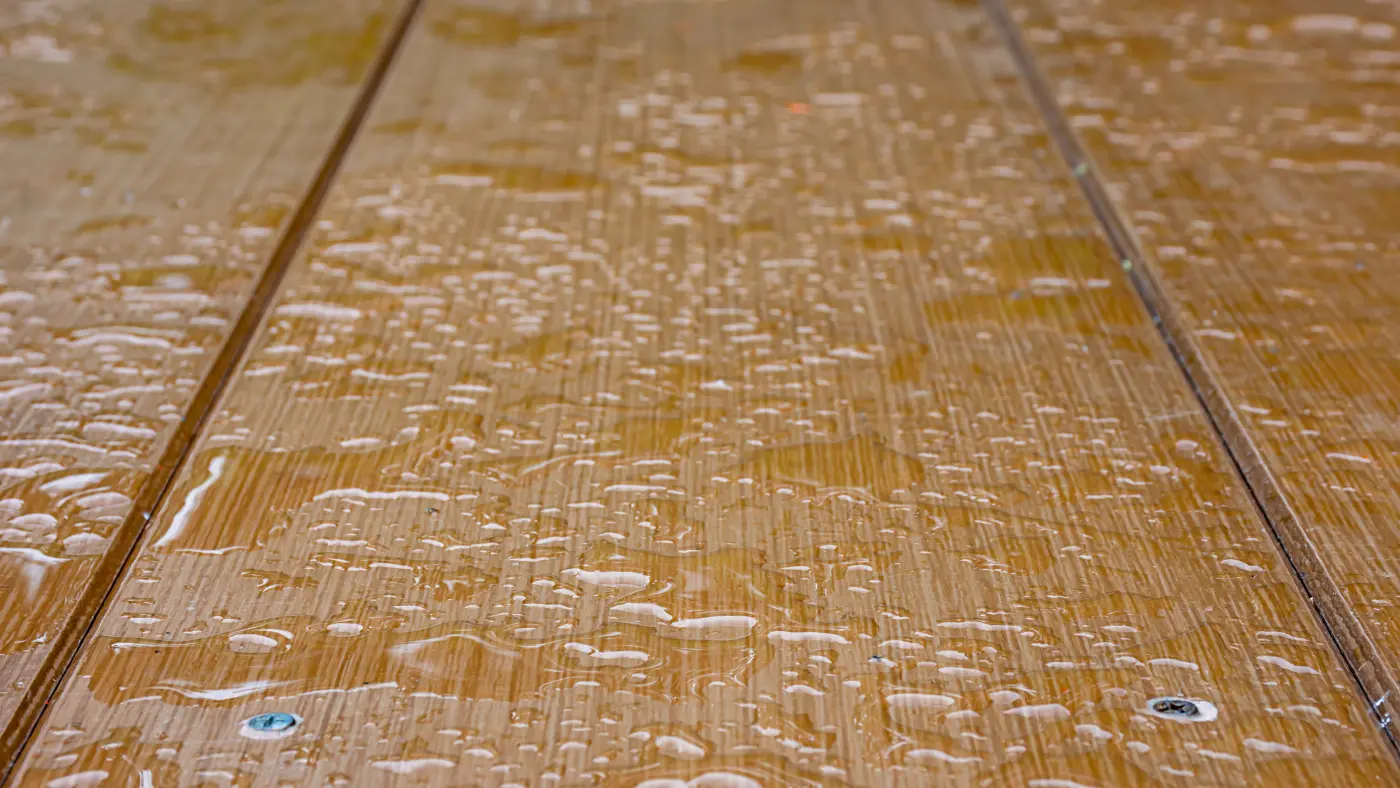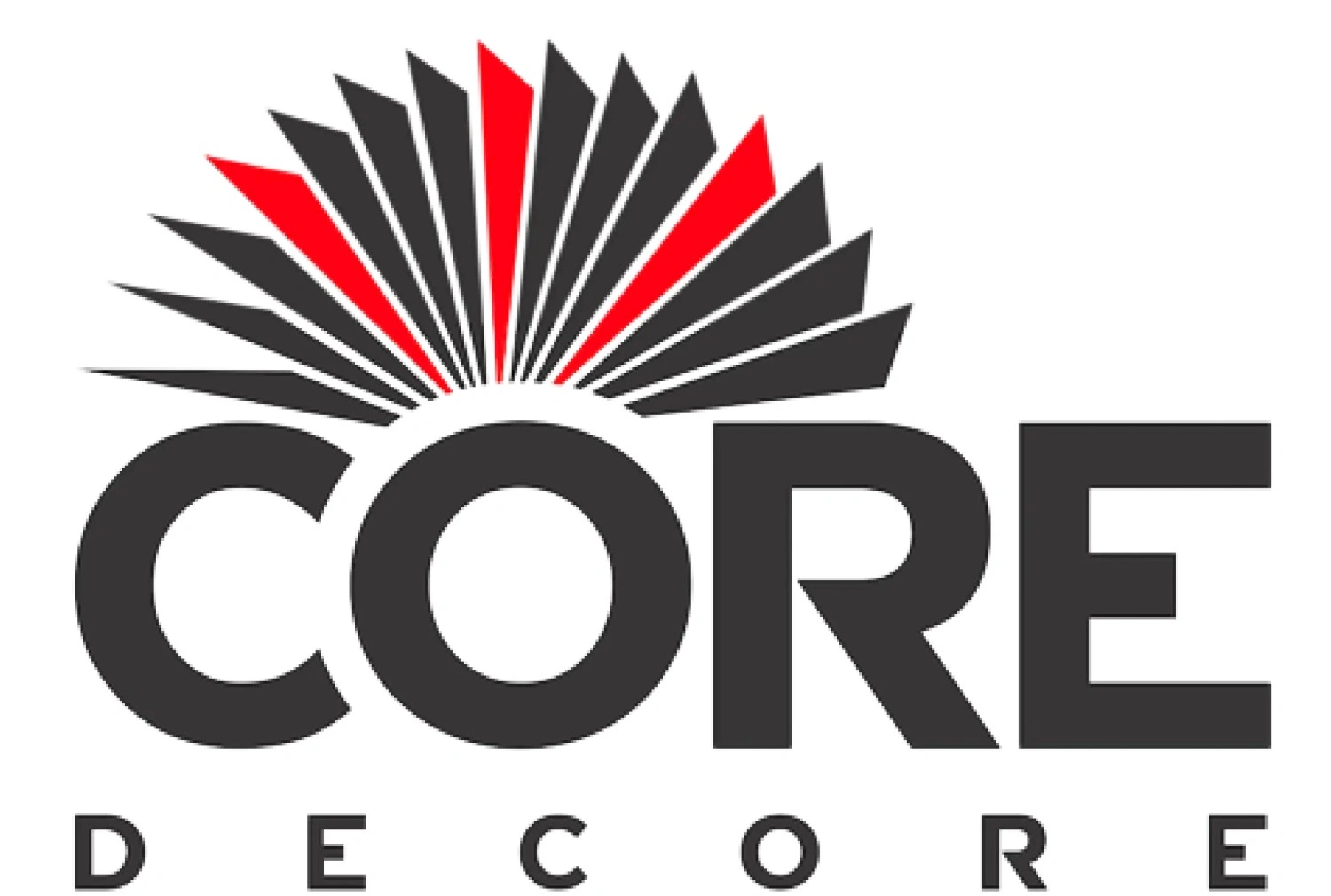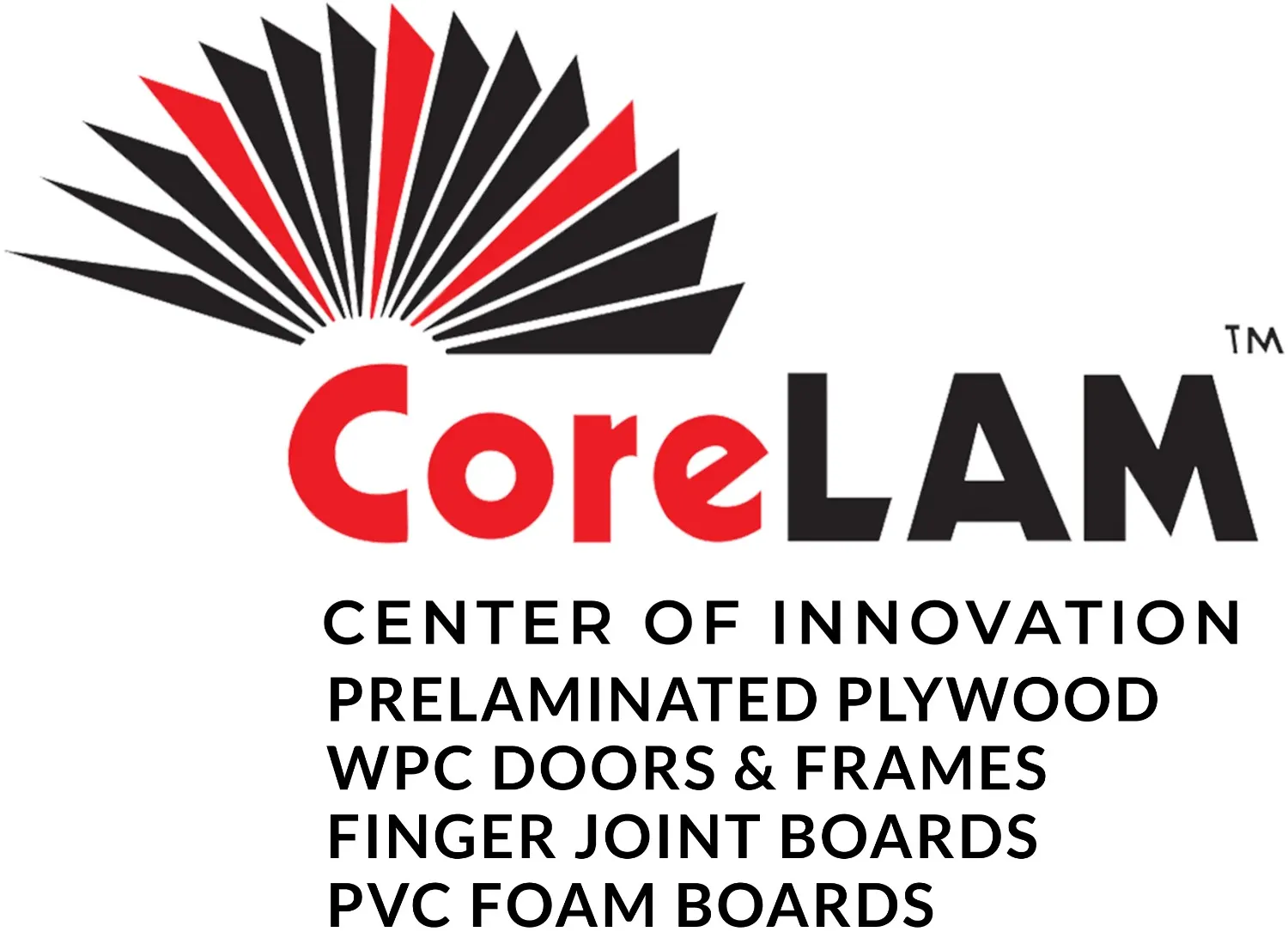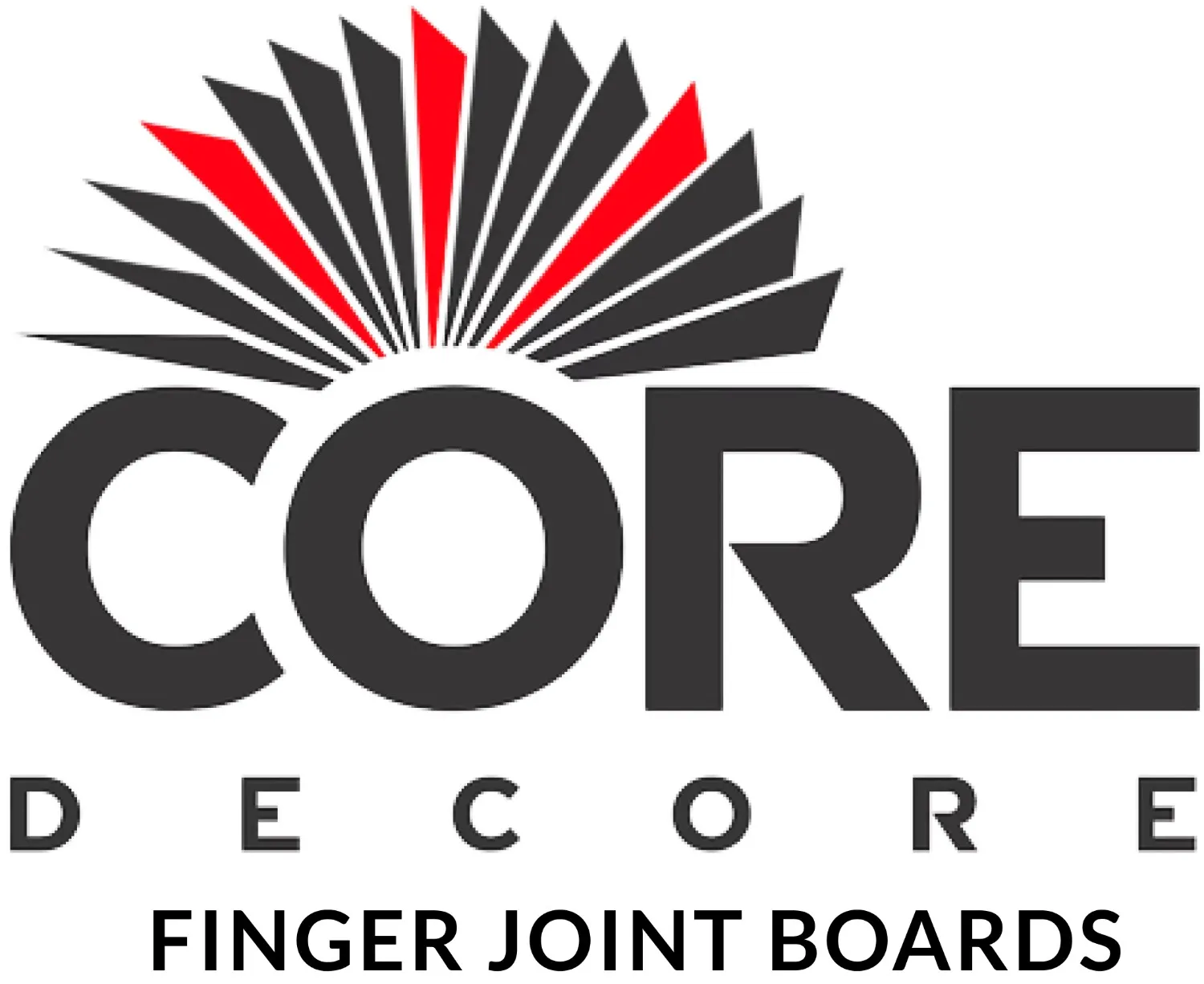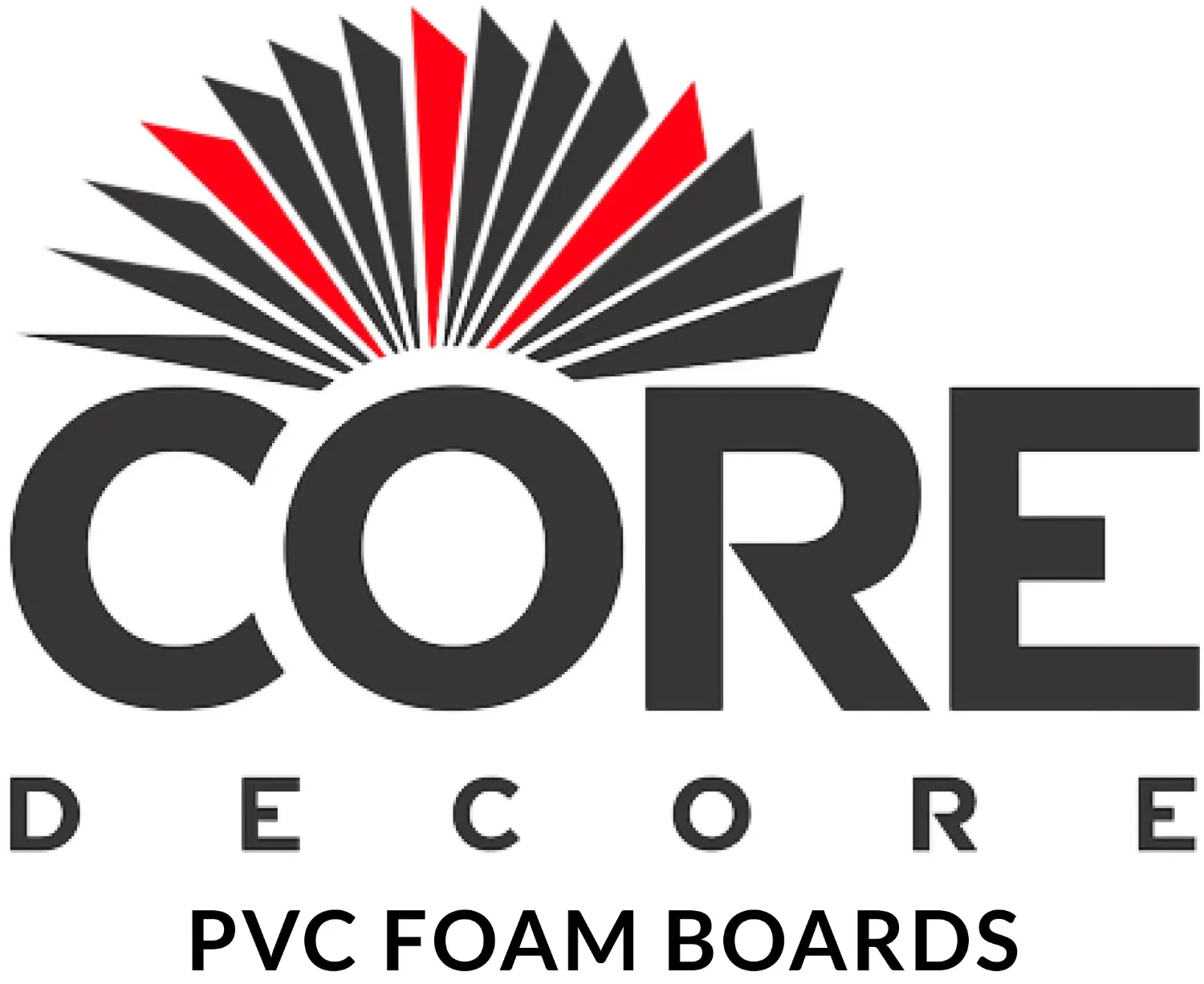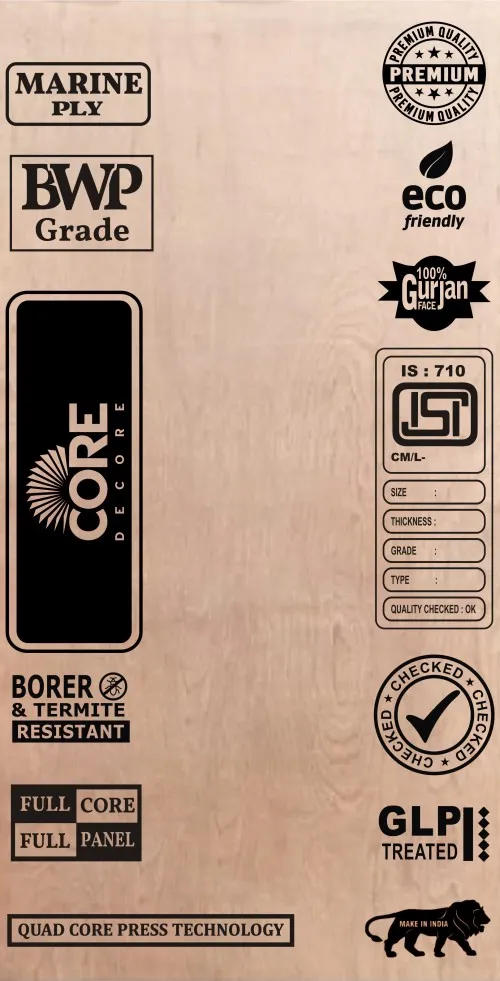
CT Trading Products
The Best BWP Grade Plywood for Your Home
Embrace the exquisite beauty of BWP Grade Plywood, transforming your space into a haven of elegance.
Back to the past: The history behind discovery/ invention:
Earlier various methods were used to protect wood such as oils from pests and insects. Then the 20th century witnessed advancement in wood manufacturing with the introduction of formaldehyde resins which enhanced the durability and water resistant quality of plywood. Then to withstand prolonged exposure to water, BWR plywood has been manufactured.
Question pops?
which is better BWR plywood or BWP plywood? It is very simple BWR plywood can withstand exposure to water to some extent but more than MR plywood but lesser than BWP plywood. BWP plywood- Boiling waterproof plywood can withstand exposure to water to a very large extent.
Popularity rate:
BWP plywood is more popular and has multiple applications in various sectors.
Chopra BWP plywood- waterproof meets enduring strength:
The manufacturing process of Chopra’s BWP plywood is highly advanced which enhances termite resistance and Glue line protection has been implemented. The glues that are used to hold the wood veneers together are melamine or phenolic glue. The BWP plywood that is glued with normal melamine can withstand water for up to 4- 8 hours. Phenolic glue is the best if you need delamination for up to 24 hours.

Applications of BWP plywood:
- Marine construction: as it is highly durable
- Outdoor signage: continuous exposure to water so it is a perfect choice.
- Shuttering and formwork: employed due to water resistance and durability.
Benefits of BWP plywood:
- Highly efficient: it is highly efficient when compared to moisture and boiling water-resistant plywood.
- Wide range of applications: since it can withstand prolonged exposure to water, it can be used in various applications where we need minimal or maximum water or moisture resistance.
Our Products
Products
| BWP GRADE PLYWOOD | |||||||||||
| SIZES | THICKNESS | ||||||||||
| 8X4 | 19MM | ||||||||||
| 7X4 | 16MM | ||||||||||
| 6X4 | 12MM | ||||||||||
| 8X3 | 9MM | ||||||||||
| 7X3 | 6MM | ||||||||||
| 6X3 | |||||||||||


